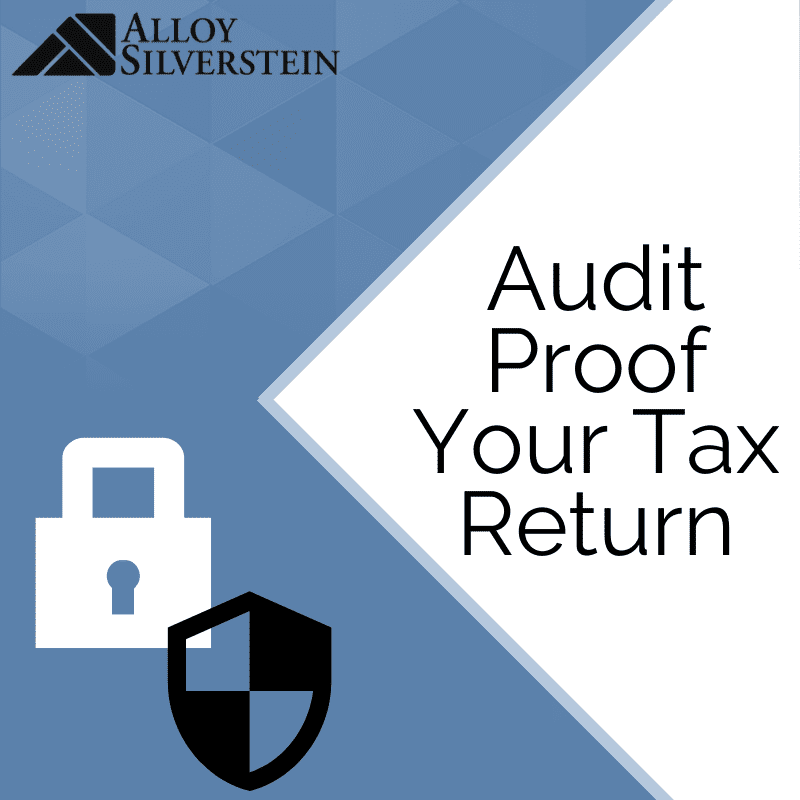

Having your tax return audited is a highly stressful situation. Here are some common audit red flags, and ways to protect yourself.
You’ve probably received numerous 1099s, W-2s and 1095s in the mail. The IRS receives them too. It’s critical that the income you report on your tax return meets or exceeds this reported income. Also, you must report all income whether you’ve received an information return or not.
Double check that every social security number is correct, including those of your dependents. The same goes for names; they must agree with those on file with the Social Security Administration. Be vigilant if you’ve recently married, been divorced or legally changed your name. Mismatches are sure to be noticed.
If your deductions are out of proportion to your income compared to most taxpayers, you may be audited. This doesn’t mean that you aren’t entitled to the deductions, it just means that you need the paperwork to back them up.
The IRS also knows how much money most people give away compared to their income. You are allowed to deduct up to 60% of your income as charitable contributions, but large donations look unusual. Be sure that you have proof in the form of cancelled checks or credit card receipts, and acknowledgment letters from charities.
Many taxpayers who run businesses out of their homes deduct expenses that are not solely attributable to the company. This is a problem. Also, failing to show a profit for several years in a row indicates a “hobby,” not a business, and you cannot deduct hobby losses. Be sure that your expenses are legitimate and be prepared to explain them.
Even if you believe that you have done everything correctly, audits do happen. Should it happen to you, don’t hesitate to seek help from Alloy Silverstein.
This article was published in Alloy Silverstein’s Spring 2020 Newsletter. Click here for more content or to subscribe.
Empowering business owners and individuals in South Jersey and Philadelphia to feel confident through proactive accounting and advisory solutions.